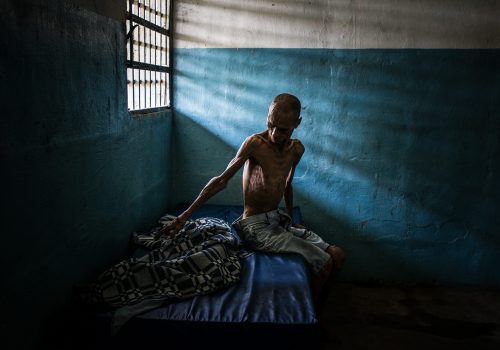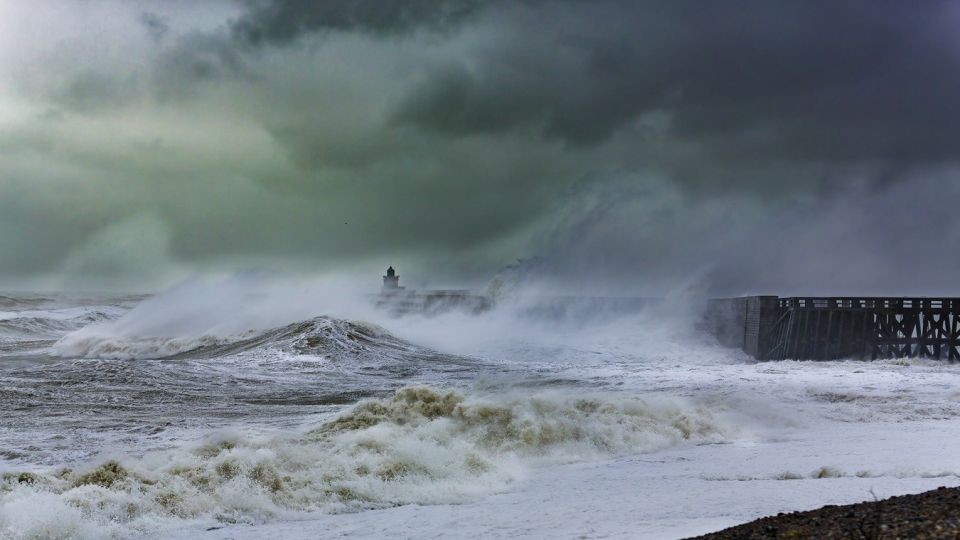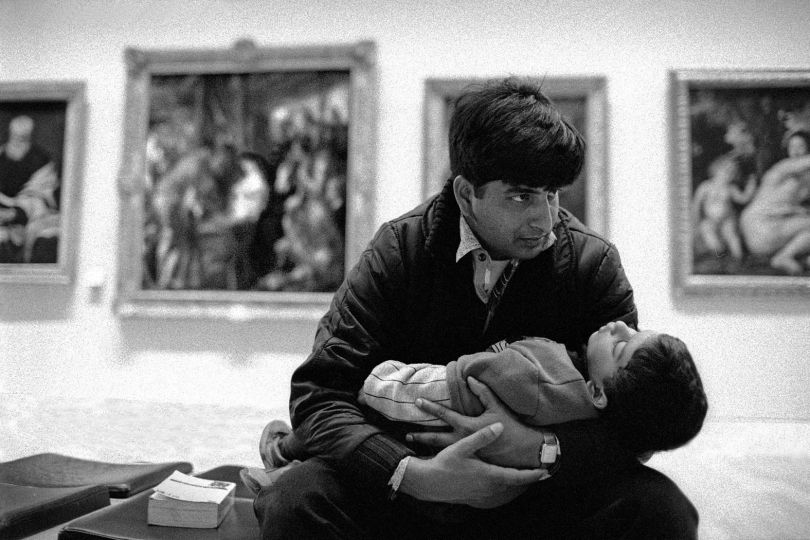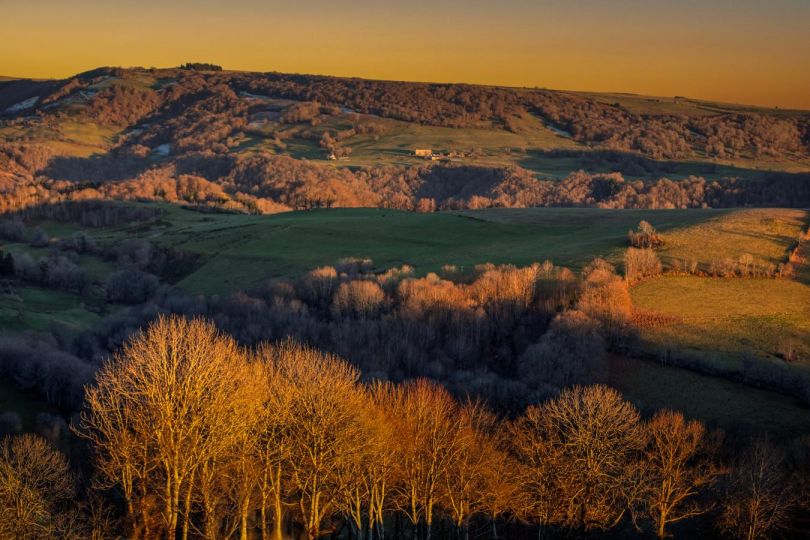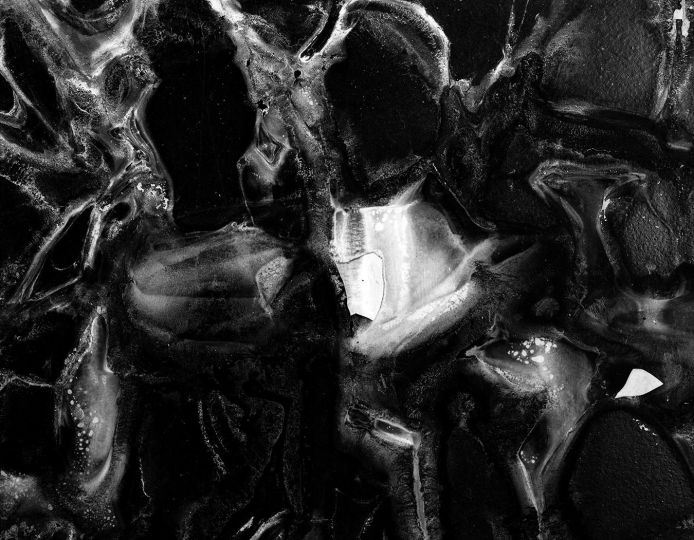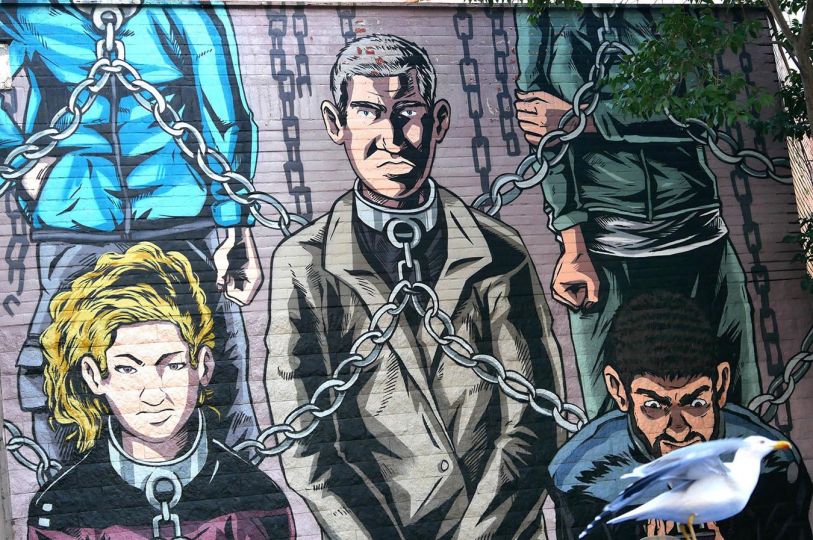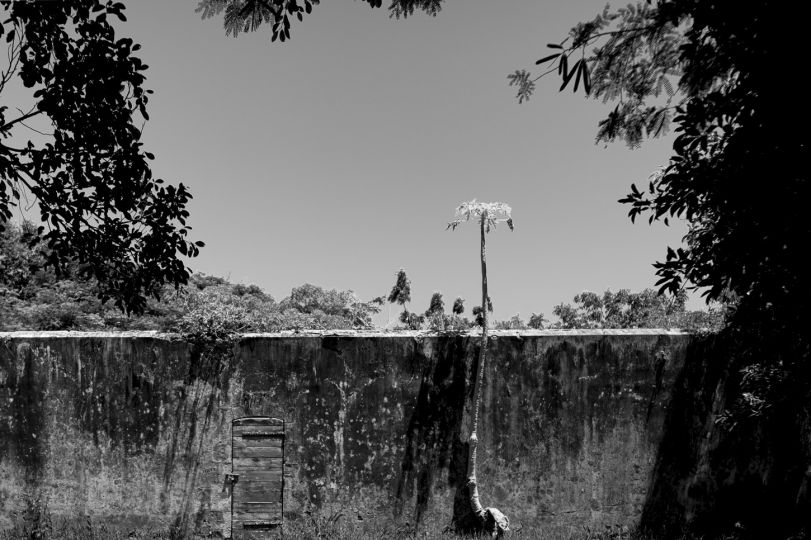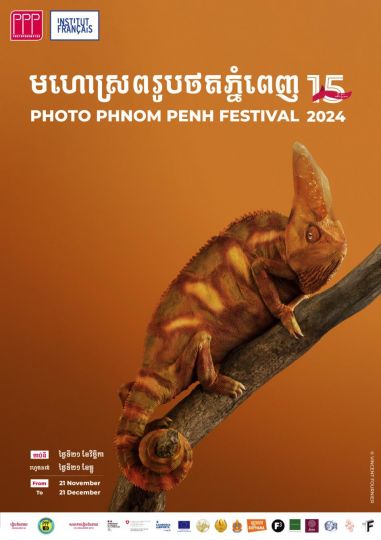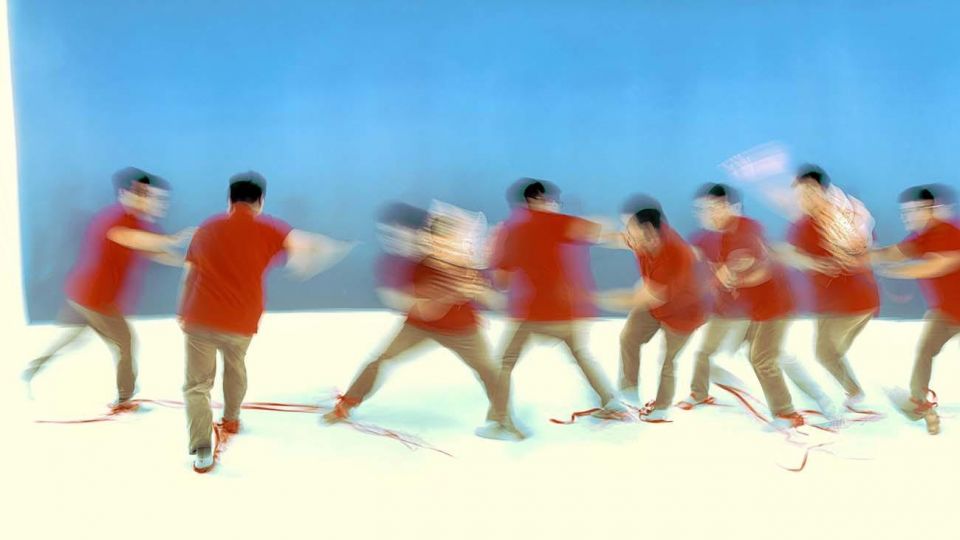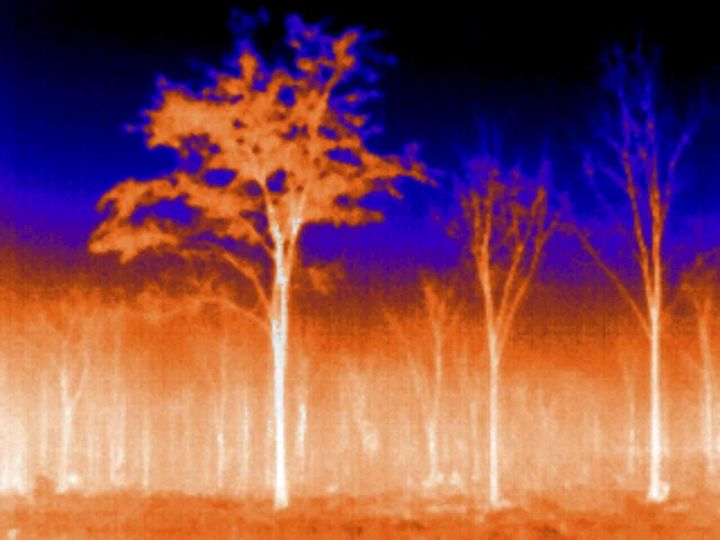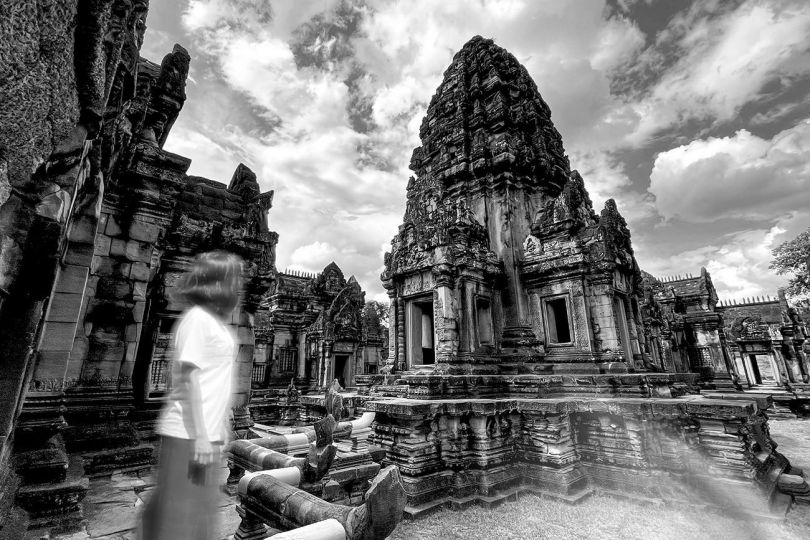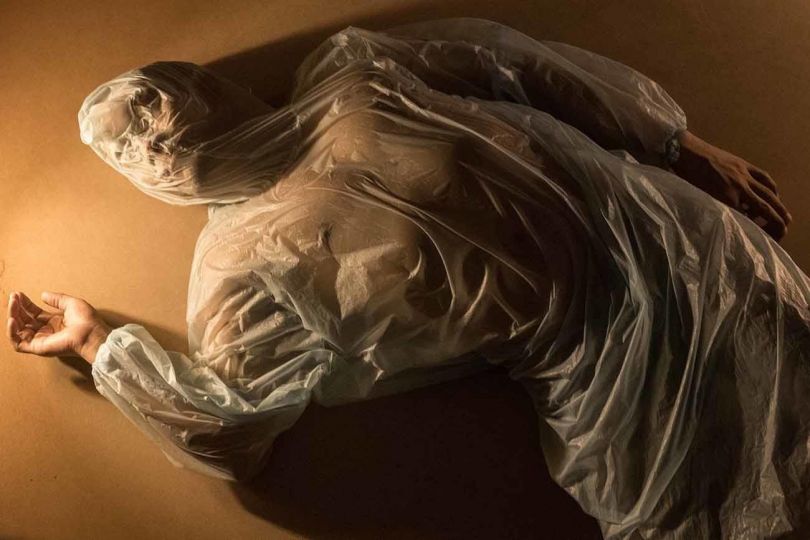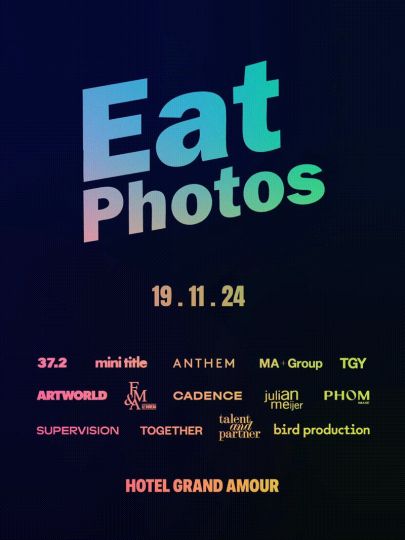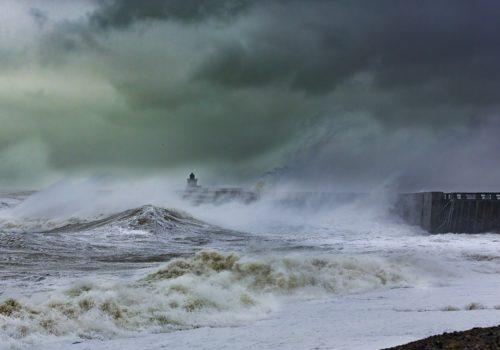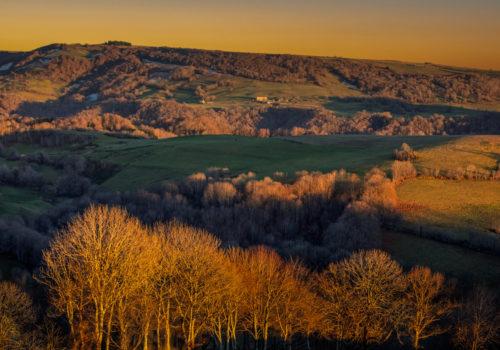The International Festival of Photojournalism in Perpignan once again takes its visitors on a world tour, offering a fresh look at the state of the planet beyond the narrative clichés often made necessary by the urgent need to document.
In the introduction to his exhibition at Hotel Pams in Perpignan, entitled Tumulte et solitude en Afrique [Turmoil and Solitude in Africa], Marco Longari writes: “A news image is a subject onto itself; the emergency conditions in which we operate force us to concentrate information rather than dilute it over multiple images. […] Information, as it is presented to the public, is charged with meaning: the suggestiveness of an image may foster understanding, or else be yet another barrier, presenting the faraway, distracted, detached viewer with an added enigma.”
The AFP’s photographer-in-chief for Africa, Marco Longari, refuses to talk about a single Africa mired in political crises. His responsibility as a photographer, he says, lies in the nuance, with the hope that the public will be capable of discerning it and constructing their own image of the world. While Longari talks about urgency in the context of Africa, Visa pour l’Image embodies this demand in a broader sense, specifically in this 2017 edition.
Among the exhibiting photographers rare are those who have not worked for years on end in the country or region they are examining from all angles—whether violent, ephemeral, or ordinary. At the Couvent des Minimes, in an exhibition entitled Le Venezuela au bord du gouffre [Venezuela on the Edge of the Abyss], Meridith Kohut delves into the country’s collapse, from the empty supermarkets, which have made the headlines, to psychiatric hospitals, invisible spaces, which, however, shouts out what the rest of the population, for better or worse, is holding back: “I’m not mad, I’m hungry,” says a female patient, blushing.
In an adjacent room, an exhibition surveys the work of Laurent Van der Stockt, who closely followed the battle for Mosul in Iraq and watched the Islamic State being pushed back, one frontline at a time, at the cost of enormous losses and countless refugees. The fighters are not anonymous: we know their names, we see them again and again, months apart; our hearts break when we read they are dead and that we will no longer follow the battle through their eyes. And when we see images of civilians applauding their liberators, we share the crowd’s emotions.
The same is true of another exhibition, shown a little further on: Ukraine: d’une guerre à l’autre [Ukraine: From One War to the Next] Rafael Yaghobzadeh has covered multiple points of view and varied perspectives since 2014 in order to report on the conflict in all its day-to-day complexity. The time invested in documenting a place allows the photographer to tell a multifaceted story. And this is the takeaway from this year’s Visa, with its diversity of geographies and subject matters.
And if the exhibitions are not evidence enough, Visa is also an opportunity for twelve other photographers to announce the creation of a collective structure called MAPS, which promotes perseverance and transparency. Who are its members? Alessandro Penso, Cédric Gerbehaye, Christian Lutz, Dominic Nahr, Gaël Turine, Hannah Reyes Morales, John Trotter, John Vink, Justyna Mielnikiewicz, Massimo Berruti, Matthieu Gafsou, and Simona Ghizzoni are announcing upcoming group and multidisciplinary projects. This is yet another promise in the service of information that is time-consuming to gather and impart.
Laurence Cornet
Laurence Cornet is a journalist and exhibition curator.
Festival Visa pour l’Image
Couvent des Minimes
12 Rue Louis Bausil
66000 Perpignan
France

